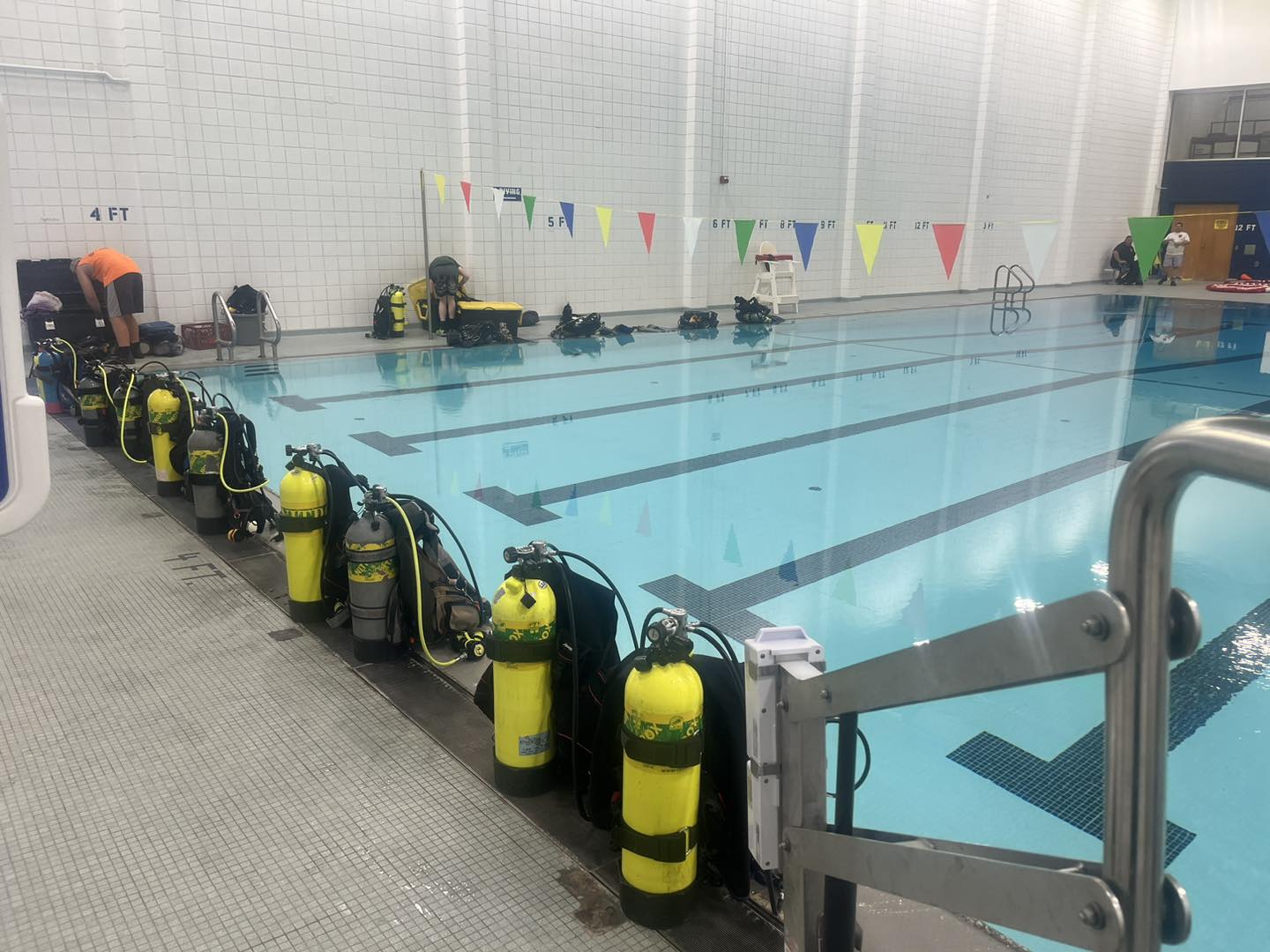Introduction
The heart of every diving adventure beats in the equipment that allows us to explore the underwater realm, and at the core of this equipment is the SCUBA cylinder. It’s not just a tank; it’s a diver’s lifeline, holding the breath of life for every underwater journey. The thrill of choosing the right SCUBA cylinder lies in understanding how it complements your diving style, destinations, and the marine wonders you’re eager to encounter. Let’s dive into the world of SCUBA cylinders, highlighting their pivotal role in your diving gear and how the right choice can elevate your diving experience.
Types of Cylinders
SCUBA cylinders come in a variety of shapes, sizes, and materials, each offering its unique advantages for different diving conditions. The main types include aluminum, steel, and hoop wrapped fiber cylinders, each serving distinct diving needs.
- Aluminum cylinders are popular, because of their cost and availability in assorted colors. Aluminum cylinders tend to become positively buoyant as they empty, which can affect buoyancy control during a dive. Divers using aluminum cylinders require additional lead weight, as compared to the same capacity steel cylinder, to offset aluminums buoyancy.
- Steel cylinders weigh the same as aluminum cylinders, and are preferred for their durability and better buoyancy characteristics. They remain negatively buoyant throughout the dive, aiding in better buoyancy control and thereby require less weight to achieve neutral buoyancy. Also, steel cylinders are shorter than aluminum and hoop wrapped cylinders of the same capacity. This reduced cylinder height, allows for the cylinder weight and to be centered on the divers back, without extending past the waist. This helps when looking to reduce back fatigue.
- Hoop Wrapped Fiber cylinders are the newcomers, boasting an impressive strength-to-weight ratio. They are lighter than both aluminum and steel and offer excellent corrosion resistance. Conversely the lighter starting weight and buoyancy properties results in the need for the diver to wear more lead to maintain neutral buoyancy. Additionally, their higher cost and limited availability make them a less common choice for recreational divers. Additionally, they have a mandatory 15-year life, and require hydrostatic testing every 3-years, vs 5-years for steel and aluminum.
Materials
The material of your SCUBA cylinder affects not just the weight and buoyancy but also the longevity of your tank. All cylinders can be prone to internal corrosion if not properly maintained. Steel tanks, resist mechanical damage better than softer steel and hoop wrapped cylinders, and are preferred by rescue and technical divers.
Usage
Selecting the right cylinder for your dive is crucial. For tropical water dives, aluminum cylinders are popular, because of their lower costs and provide an adequate air supply for shallow reef explorations. In cold water or deeper diving conditions, steel cylinders are often preferred. Steel cylinders can be obtained with higher capacities than standard aluminum cylinders, while still maintaining a smaller over height and favorable buoyancy considerations.
Maintenance
Proper care and maintenance of your SCUBA cylinder are non-negotiable for ensuring safety and prolonging its life. Regular hydrostatic testing is required by law to assess the cylinder’s integrity under pressure, typically every five years (3-year for hoop wrapped). Visual inspections should be conducted annually to check for signs of wear, corrosion, or damage. After each dive, rinse your cylinder with fresh water, and store it in a cool, dry place, slightly pressurized to prevent moisture ingress.
- Visual Inspection Specialty Course: This course will teach you more about cylinders, care, and the annual inspection process. Even if you never do inspections, the course is a great way to expand your knowledge base.
Conclusion
Your SCUBA cylinder is more than equipment; it’s your ticket to exploring the vast underwater world. By understanding the types, materials, usage, and maintenance requirements of SCUBA cylinders, you’re equipped to make informed decisions that enhance your diving adventures. Remember, the right cylinder not only supports your diving endeavors but also ensures your safety and enjoyment beneath the waves. Happy diving!


